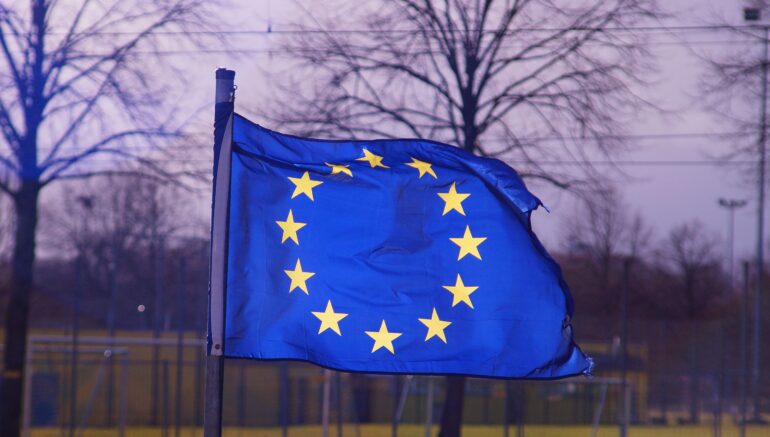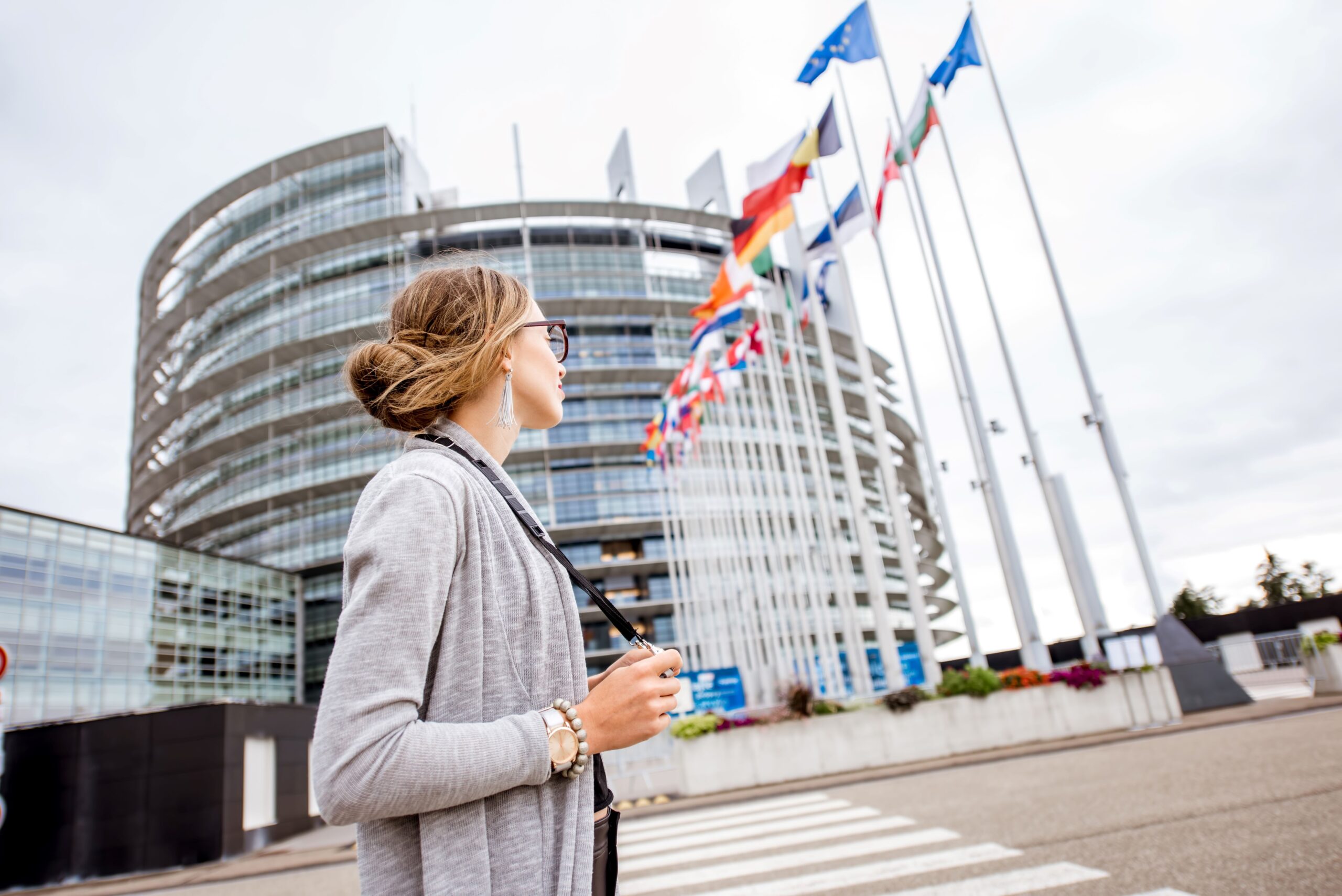
По всій Європі ритм тижня раніше переривався спільним моментом паузи: неділею. Але оскільки цифровізація, глобалізація та гнучкий графік роботи змінюють ландшафт праці, сама ідея синхронізованого дня відпочинку ризикує стати пережитком. Європейський недільний альянс, що об’єднує профспілки, неурядові організації та релігійних діячів по всій Європі, відстоює просту, але потужну ідею: зберегти неділю як спільний момент паузи — для сімей, для громад, для всіх. У час, коли робота поширюється крізь кордони та робочий графік, ця щотижнева пауза є знаком соціального балансу та людської гідності.
Колективна пауза поза релігією
Недільний відпочинок — це не просто традиція з релігійним корінням. Це наріжний камінь європейської соціальної моделі. Для Альянсу питання полягає не в догмі, а в захисті часу для сімей, громад та психічного благополуччя. У контексті зростання вигорання та перевтоми, спільний день відпочинку пропонує:
- Баланс між роботою та особистим життям, який вигідний для всіх поколінь
- Час для волонтерства та громадянської активності
- Простір для культурного та духовного життя
Як зазначено в кількох деклараціях Альянсу, «вільна від роботи неділя є ключовим фактором соціальної згуртованості та солідарності».
Питання політики та прав на рівні ЄС
Право на відключення, регулювання цифрової роботи та гнучкий графік зараз є центром дебатів у ЄС. Питання недільного відпочинку перетинається з багатьма з цих викликів. Хоча трудове законодавство здебільшого формується на національному рівні, Альянс закликає Європейський Союз визнати недільний відпочинок одним із стовпів сучасних соціальних прав — простором для благополуччя, справедливості та людської гідності.
- Включити захист недільного дня до майбутніх рамкових рамок трудової політики
- Просувати це як частину Європейського стовпа соціальних прав
- Заохочуйте діалог між зацікавленими сторонами для збереження синхронізованого дня відпочинку
Ще у 2021 році Європейський парламент ухвалив резолюцію щодо справедливих умов праці. У ній Сандей безпосередньо не згадувався, але для Альянсу це сигналізувало про можливе відкриття — крок до ширшого визнання.
Громадська обізнаність та політична підтримка
В останні роки Європейський недільний альянс розширив свою видимість. Завдяки скоординованим кампаніям, круглим столам з питань політики та щорічному «Європейському дню за неділю без роботи» Альянс неухильно нарощував оберти, нагадуючи як особам, що приймають рішення, так і громадянам про соціальну силу спільної паузи. Нещодавні події в Європейському парламенті, включаючи дебати за сніданком, організовані CESI та COMECE, знову привернули увагу до цього питання, розширивши обговорення за межі традиційних політичних кіл.
Їхня кампанія 2024 року «Час дихати» була зосереджена на кризі психічного здоров’я серед молодих працівників та підкреслювала, що колективний відпочинок є захисним фактором від вигорання. Підтримка зростає по всій партійній лінії, особливо після того, як пандемія підкреслила важливість відпочинку та здорового розпорядку дня.
Нові реалії: цифрова праця та робота на платформах
Гіг-економіка, віддалена робота та цілодобова доступність кидають виклик ідеї спільної паузи. Альянс не пропонує повернути час назад, але хоче переконатися, що зі збільшенням гнучкості спільні моменти паузи не зникнуть повністю. Як сказав їхній речник у Брюсселі минулого року: «Ми не проти сучасності — ми вимагаємо, щоб вона включала простір для людських ритмів».
Що чекає попереду?
З наближенням наступних виборів до Європейського парламенту та обговоренням директив щодо цифрової роботи, здається, що саме час переосмислити те, як суспільство цінує час, а не лише продуктивність. Європейський недільний альянс продовжує працювати за лаштунками, будуючи мости між політиками, релігійними громадами та захисниками трудового права.
Що ми забираємо
Дебати щодо недільного відпочинку більше не стосуються лише закриття магазинів чи вшанування дня богослужіння. Йдеться про захист рідкісної речі в сучасному житті: спільного відпочинку. Можливості дихати, спілкуватися, існувати поза поштовою скринькою. І за це, стверджує Альянс, варто боротися.

